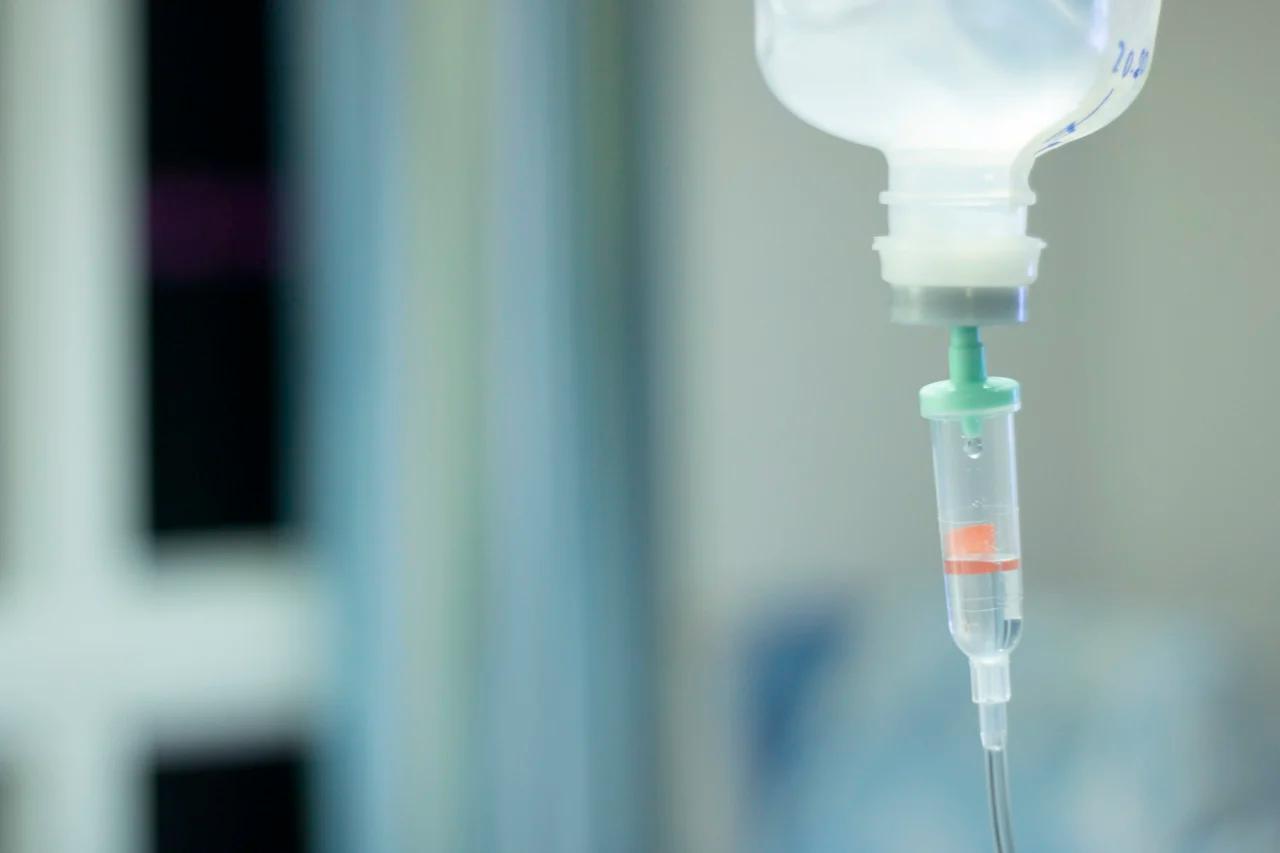Journey Overview
Navigate your journey with paroxysmal nocturnal hemoglobinuria (PNH) with a guide to the healthcare providers who treat rare blood disorders, questions to help you prepare for your appointments, and resources to help you better understand your diagnosis and your treatment options.
A Patient’s Journey with Paroxysmal Nocturnal Hemoglobinuria (PNH)
Vanessa W.
Diagnosis (DX): Paroxysmal Nocturnal Hemoglobinuria (PNH)
First Symptoms:
- Reddish or brownish urine (hemoglobinuria)
- Fatigue, pale skin, shortness of breath, fast heart rate
- Recurring episodes of symptoms
- PNH can occur at any age
- Affects all ethnic groups across the world
- Increased risk of leukemia, infections, and blood clots
Get to Know Your Care Team
The Conversation: Questions to Ask Your Healthcare Team
Good communication with your healthcare team will help you get the most from your appointments with your healthcare provider. Follow these steps and questions to get started.
Prepare for your appointment
These steps can help you make the most of your time with your healthcare provider:
- Keep a symptom journal. In addition to symptoms, you can use a journal to keep track of appetite, energy levels, moods, sleep habits, and how you feel each day.
- Write down a list of questions and topics you want to cover at your next appointment
- Prioritize the questions and topics that are most important to discuss with your healthcare providers.
Questions about treatment:
Ask these questions for every treatment you are prescribed.:
- How does this treatment work?
- How will we know if the treatment is working?
- Why do you recommend this approach?
- What are the goals of this treatment?
- What are the risks associated with this treatment?
- Should I make any lifestyle changes during treatment? Changes to activities, what I eat, or other habits?
- What are the options if this treatment doesn’t work?
- Who can I talk to if I’m concerned about the cost of treatment?
Questions about your healthcare team:
Coordinated care between your different healthcare providers is essential to managing PNH:
- What is the most important information I need to know about my diagnosis?
- Are there other healthcare providers I should be working with?
- What can I do to ensure the different members of my healthcare team are up to date on my diagnosis and treatment?
- Can I have copies of my lab reports and pathology reports?
- Where can I learn more about PNH?
- What new symptoms or changes in symptoms do I need to watch for? When do I need to call you? When do I need to seek emergency care?
Your appointment is an opportunity to learn more about your diagnosis. If you have a question, ask. If something isn’t clear, ask for an explanation.
More on Paroxysmal Nocturnal Hemoglobinuria
Article
Taking care of mental health when living with PNHStrategies for coping with the stress of living with a chronic condition like paroxysmal nocturnal hemoglobinuria (...
Article
Understanding and managing fatigue caused by PNHA look at how paroxysmal nocturnal hemoglobinuria (PNH) causes and contributes to fatigue, and how treatment can he...
Article
Treatment for paroxysmal nocturnal hemoglobinuria (PNH)How medications called monoclonal antibodies, anticoagulants, and stem cell transplants are used to treat PNH.



